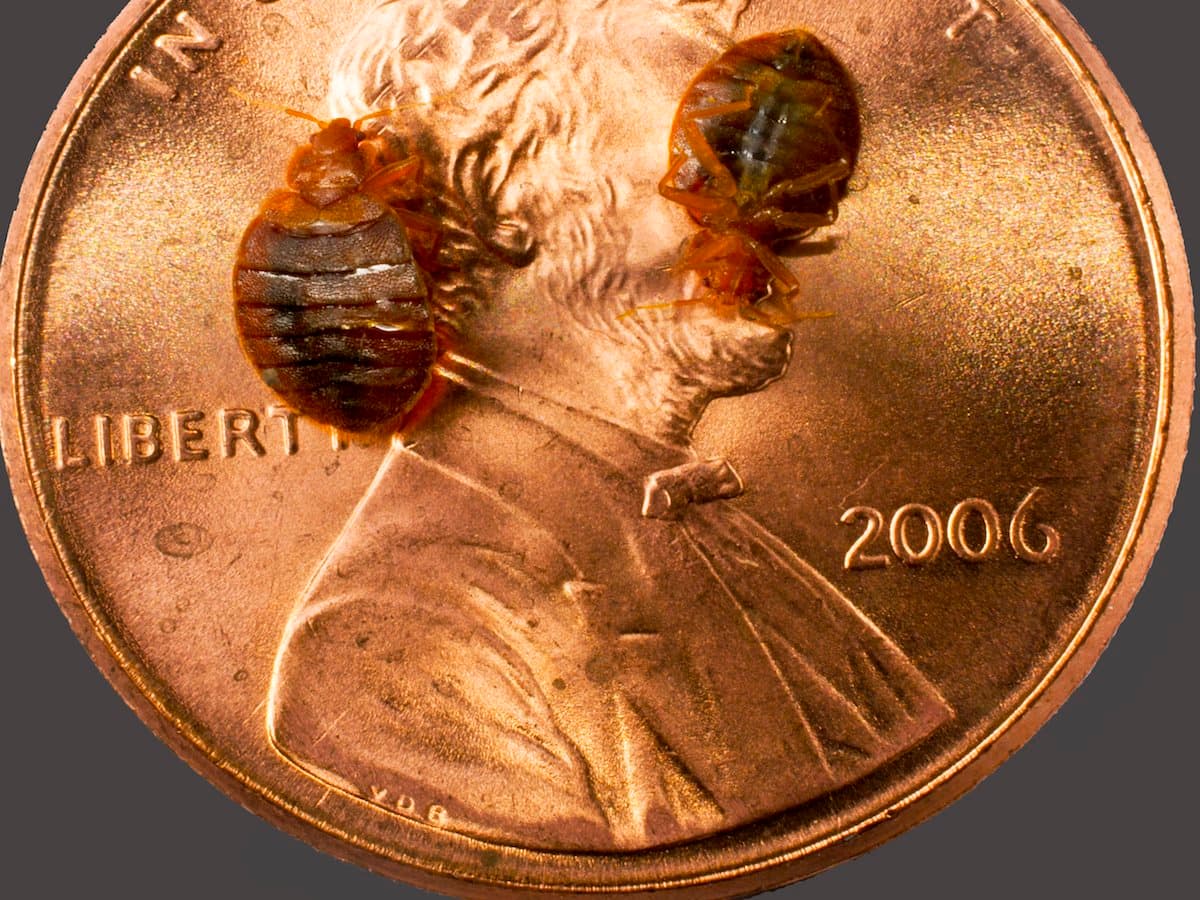Affordable A1 Bed Bug Removal in Houston - Specialist Exterminators
Affordable A1 Bed Bug Removal in Houston - Specialist Exterminators
Blog Article
Recognizing the Lifecycle of Parasites for Targeted Control Techniques
Comprehending the lifecycle of bugs is a fundamental facet of efficient pest management approaches. Through a deeper understanding of just how bugs flourish and advance, customized control approaches can be created to address particular factors in their lifecycle, ultimately leading to even more successful pest management outcomes.
Significance of Recognizing Bug Lifecycle
Recognizing the lifecycle of parasites is crucial for developing effective and targeted control strategies in pest administration. By comprehending the different phases a parasite experiences from egg to grownup, bug control professionals can recognize weak spots in the lifecycle where intervention can be most successful. Recognizing when larvae are most energetic can assist figure out the ideal timing for using larvicides. In addition, recognizing the life-span of an insect varieties can help in anticipating population growth patterns and prospective problem threats.
In addition, recognizing the details ecological problems needed for every stage of the insect's lifecycle can lead decisions on environment adjustment or exclusion methods to minimize and interrupt the lifecycle parasite populaces. This knowledge makes it possible for pest monitoring specialists to carry out positive procedures as opposed to counting solely on responsive therapies, bring about more lasting and long-term pest control options. Eventually, a thorough understanding of insect lifecycles encourages insect control practitioners to tailor their techniques properly, minimizing ecological impacts and optimizing control results.
Key Stages in Parasite Advancement
To efficiently carry out targeted control methods in pest management, a vital element lies in thoroughly determining and comprehending the key stages in bug growth. Parasite development commonly consists of several essential phases that are important for their lifecycle and administration.

Susceptabilities in Pest Lifecycle
Throughout the various phases of a parasite's lifecycle, distinct vulnerabilities emerge that can be purposefully targeted for efficient control steps (A1 Bed bug exterminator houston LLC). One crucial susceptability exists in the egg phase, where bugs are frequently a lot more susceptible to specific insecticides or organic control agents due to their soft outer covering, making them easier targets for intervention. Recognizing these vulnerabilities in the pest lifecycle is vital for establishing reliable and exact control methods that effectively manage insect populaces while minimizing environmental effect.
Carrying Out Targeted Control Steps

Implementing targeted control measures commonly involves a multi-faceted strategy. This may consist of environment modification to make the setting much less welcoming to parasites, Source such as eliminating standing water for insect control or sealing entrance factors for rodents. Furthermore, organic control approaches can be utilized, where natural predators or microorganisms are presented to keep pest populations in check.
Chemical control, such as the mindful application of pesticides, is another common strategy. Nevertheless, it is important to make use of these compounds judiciously to minimize ecological influence and possible injury to non-target species. Integrated Insect Management (IPM) techniques that incorporate numerous control measures in a coordinated and lasting way are commonly the most reliable in accomplishing lasting parasite administration goals. By applying targeted control measures based on a thorough understanding of pest lifecycles, bug populaces can be efficiently controlled while minimizing risks to human health and wellness and the atmosphere.
Boosted Parasite Management Practices
:max_bytes(150000):strip_icc()/Bed-bug-control-tips-and-tricks-2656377-e580f433c55a4a98826e429753062084.jpg)
In addition, the unification of biological control representatives, such as all-natural killers or microorganisms of insects, can assist decrease reliance on chemical pesticides and promote a much more balanced community. Carrying out physical barriers and traps can additionally become part of boosted pest administration techniques, supplying non-toxic and targeted solutions for pest control. Furthermore, making use of scents and other visit this page semiochemicals can interfere with pest mating patterns and interaction, resulting in minimized bug populaces over time.
Conclusion
To conclude, understanding the lifecycle of pests is crucial for efficient bug management methods. By check identifying vital phases in parasite advancement and vulnerabilities in their lifecycle, targeted control steps can be applied to reduce parasite populaces. Boosted bug monitoring techniques can help in reducing the dependence on broad-spectrum pesticides and advertise even more sustainable and environmentally friendly parasite control methods. This expertise plays a crucial function in maintaining healthy communities and farming efficiency.
Understanding the lifecycle of pests is essential for developing effective and targeted control methods in pest management. By comprehending the various phases an insect goes through from egg to grownup, insect control experts can recognize vulnerable factors in the lifecycle where intervention can be most effective. Inevitably, a detailed understanding of insect lifecycles encourages bug control professionals to tailor their methods effectively, decreasing environmental effects and taking full advantage of control end results.
By applying targeted control steps based on a complete understanding of parasite lifecycles, parasite populaces can be properly controlled while minimizing risks to human health and wellness and the atmosphere.
By recognizing crucial stages in bug advancement and vulnerabilities in their lifecycle, targeted control steps can be carried out to reduce bug populations.
Report this page